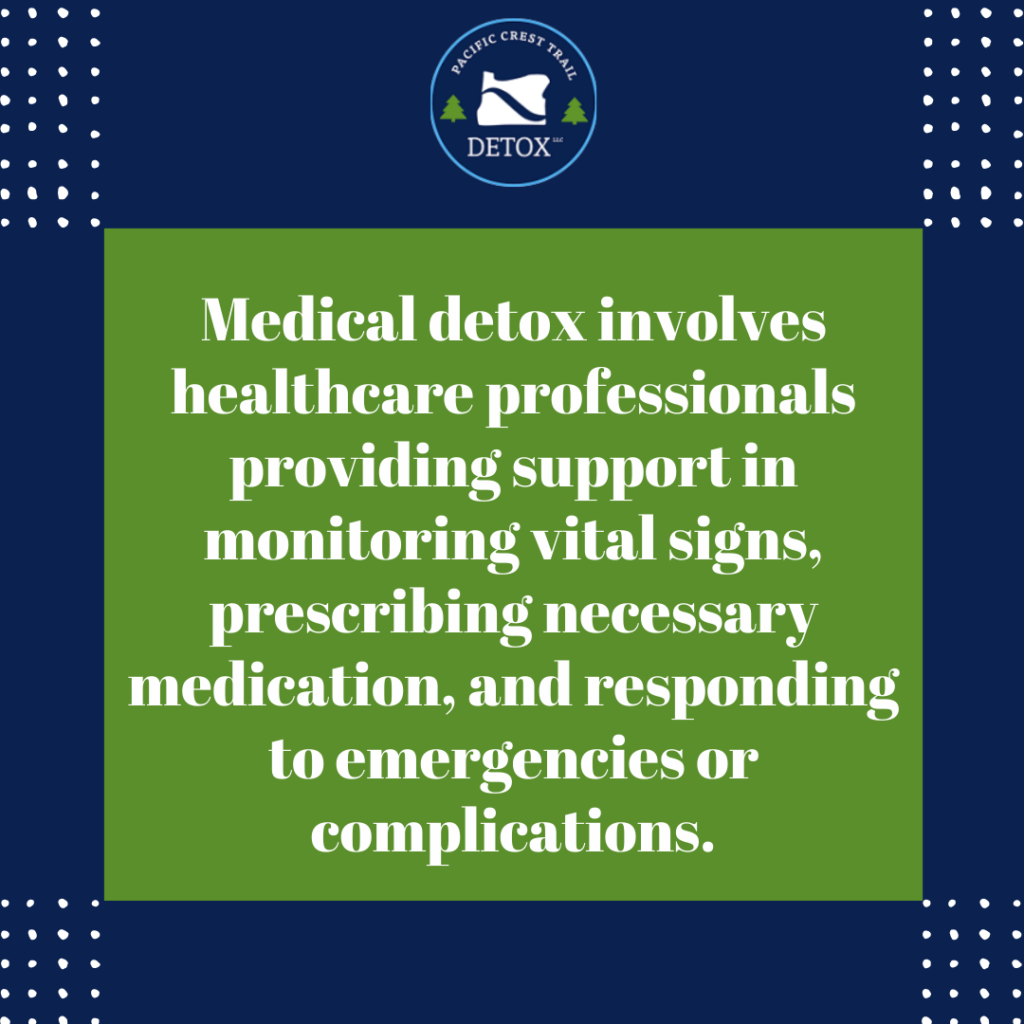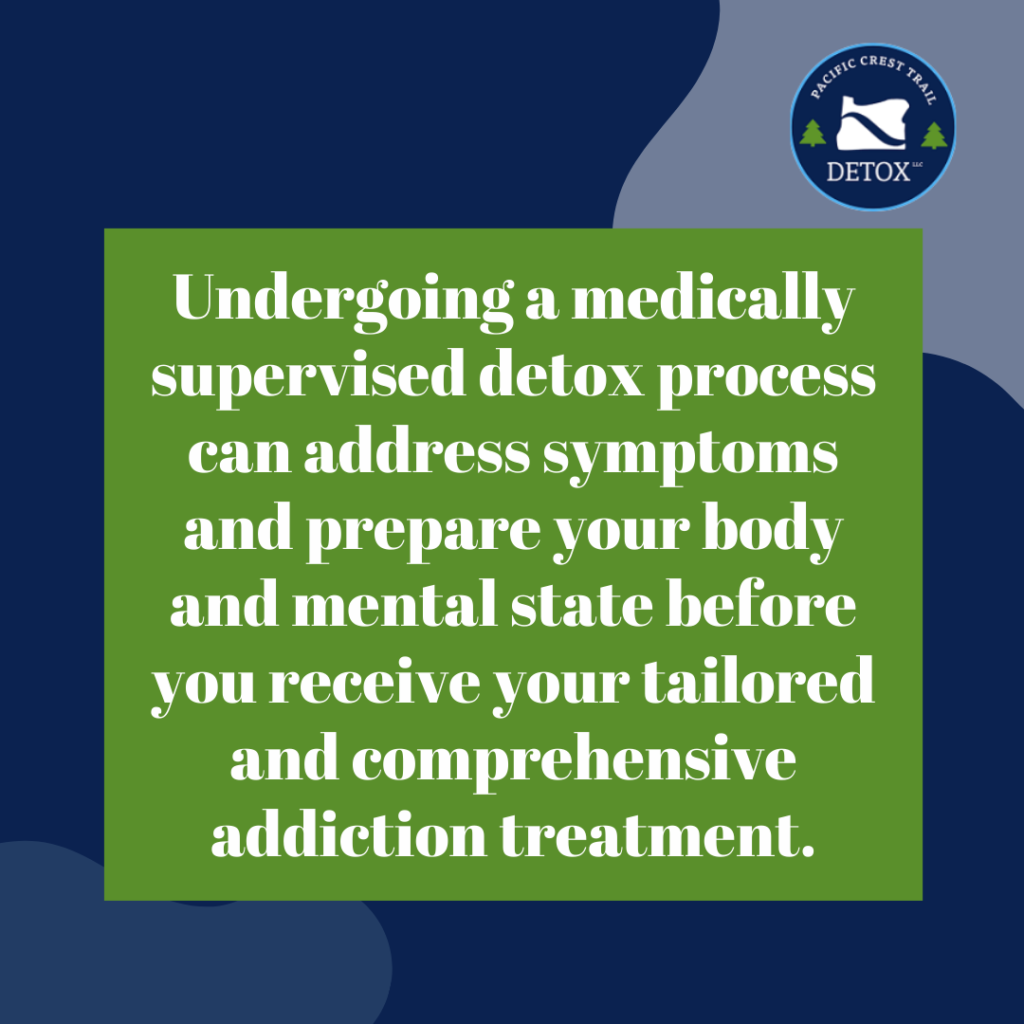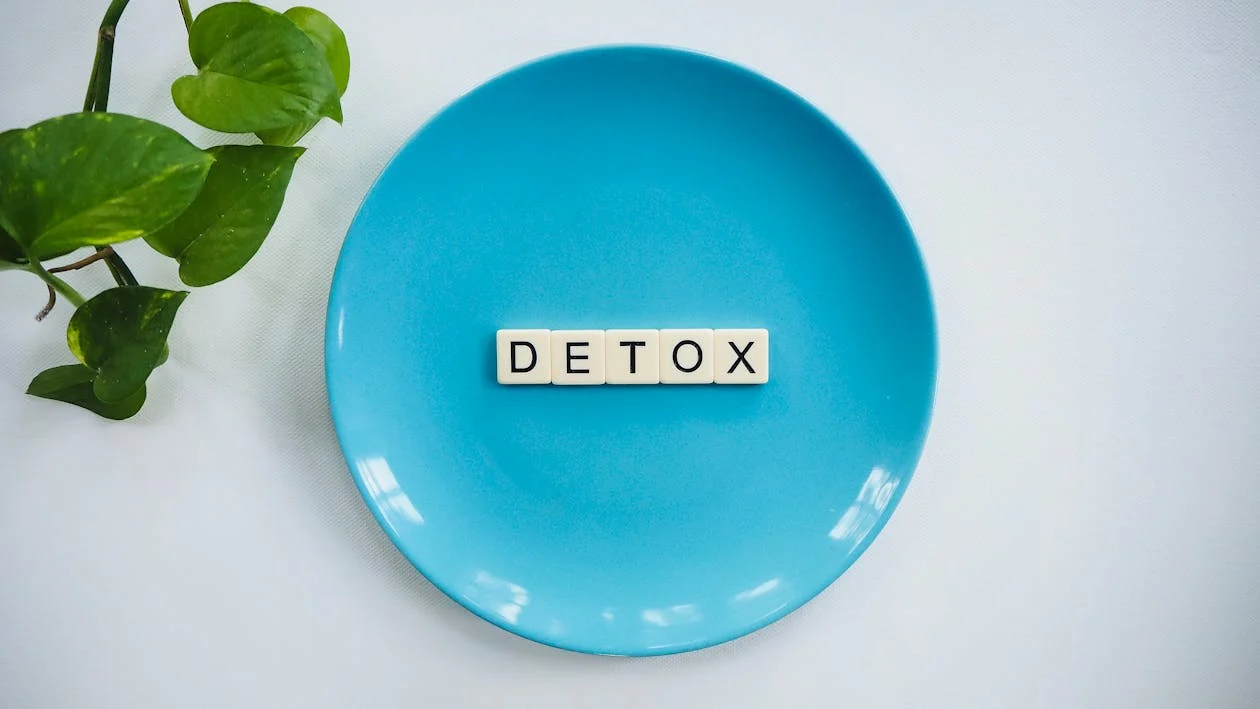You might have heard of the word “medical detox” while searching for more information about addiction recovery. It’s an important first step in recovery — and data shows that those who enter detoxification before treatment enjoy a high rehab success rate of 68%.
Medically supervised detox helps people grappling with addiction manage any withdrawal symptoms they may face as they try to break free from alcohol or drug abuse.
In this blog, we’ll help you understand why detox is essential, especially if you want to enjoy a fuller and healthier life. Our discussion covers its physical and mental benefits, common myths linked to it, and the role it plays in a successful long-term recovery.

What is Medical Detox?
Detoxification refers to the natural process of removing toxins in the body.
Commonly, people think of trends like fasting, drinking juices, and taking supplements when they talk about detox. However, in the context of alcohol or substance addiction, detoxification becomes a more structured process. Medical detoxification aims to help people safely veer away from substances and prepare their bodies for recovery.
Medical detox involves healthcare professionals providing support in monitoring vital signs, prescribing necessary medication, and responding to emergencies or complications. This approach offers tailored care as each person’s response to withdrawal varies. Apart from pharmacological support, experts provide psychological help to address addiction’s emotional and behavioral aspects.
Why Consider Medical Detox?
Now, you might ask: Why should you consider medical detox? Well, this is an essential step if you’re looking for a starting point for your addiction treatment.
Whether you’re battling alcohol or substance abuse (or both), it will help you give your body a “clean slate” before undergoing rehabilitation. This process is especially beneficial if there are underlying conditions in your addiction. Typically, detox can help your doctor identify whether health concerns co-occur with your addiction.
You should also consider detox if you’re aiming for drastic lifestyle changes and want to break free from unhealthy habits. These aren’t just confined to alcohol and drug addiction. You may also want to detoxify to address excessive smoking or overindulgence in junk food.
Physical Benefits of Detox
Essentially, detox gives you a fresh start — both for your mind and your body. Here are some of the physical health benefits of detox:
- Decreased pain
- Increased energy levels
- Stronger immune system
- Stress relief
- Better digestion
- Healthier skin, hair, and nails
Specifically, it aids in cleansing your body and prepares it for an addiction-free lifestyle. When preparing for recovery, you must remove toxins from your system. Doing so allows your body to absorb the essential nutrients you need to recover your physical health more effectively.
Mental Benefits of Detox
Apart from the physical benefits, detox can also bring positive changes to your mental health. For instance, ridding toxins can increase mental clarity and help you think more clearly. Your brain will improve its cognitive functioning, enhancing your concentration and alertness.
Additionally, detoxification restores emotional balance. When your body has too much drugs or alcohol, it can affect your mood. Removing such toxins can make you more emotionally stable, reducing your depressive symptoms and risk for anxiety.
At the end of this process, you can also reduce your cravings, increasing your chance of successful long-term sobriety and minimizing relapse.
The Role of Detox in Recovery
Detox and recovery are closely intertwined. In fact, experts consider it a crucial first step when recovering from addiction (or other health issues).
When you battle with a substance use disorder, it takes a significant toll on your body and mind, especially altering how your brain works. Trying to break away from it can be challenging. You will exhibit physical and psychological withdrawal symptoms as you try to return your bodily functions to their normal state.
By undergoing a medically supervised detox process, you can address such symptoms and, in turn, prepare your body and mental state before you receive your tailored and comprehensive addiction treatment. Note that for you to overcome addiction, you must be physically and emotionally stable.
Common Misconceptions About Detox
Several misconceptions surround this process. For instance, many think that medical detox can be done without supervision. However, unguided detoxification can pose significant risks, even life-threatening consequences. Abruptly quitting substances without medical oversight can result in serious problems, ranging from seizures to extreme dehydration.
Another myth is that detox is a one-size-fits-all process. In reality, it needs to be personalized because every individual has unique needs — and the length of the withdrawal process varies, depending on several factors.
These include the substance to which the individual is addicted, the length of time they have been using it, the method of consumption, the quantity of the substance regularly consumed, any pertinent family history of addiction, and any underlying medical conditions.

What to Expect During a Detox
While the detox process can be tailored to suit your needs, there’s a general structure followed. To give you an idea, here’s what a typical detox looks like.
Assessment
When you’re admitted, a medical team will evaluate your physical and mental health concerns. They will conduct blood tests to determine the levels of substances present in your body. They will also review your drug, medical, and psychiatric histories to better design a long-term treatment strategy.
Stabilization
Your doctor will now stabilize your body and mental state using medical and psychological interventions. In this phase, the primary goal is to ensure your safety and mitigate any potential harm.
Preparation for Treatment
The final phase involves your doctor preparing you as you enter addiction treatment proper. They will help set your expectations and explain what kind of treatment procedures you’ll undergo.
Possible Side Effects
During detoxification, you may experience some side effects, such as fatigue, nausea, insomnia, discomfort, and anxiety. Keep in mind that these are not permanent. And to help manage such experiences, your doctor may prescribe medications. They will also provide proper guidance for you to learn healthy coping skills. All this comes on top of the emotional support they will give.
Final Words
Detoxification is a process in which you get rid of toxins and wastes in your body. Putting it in the context of addiction recovery, it’s an essential first step: It will help you manage withdrawal symptoms and prepare you for the treatment.
Medical detox presents both physical and mental benefits. And with proper medical supervision, you can minimize discomfort and lessen the impact of its side effects.
Want to ensure lasting sobriety? Get help from Pacific Crest Trail Detox and experience detoxification. For personalized guidance and care, reach out to our experts now.


